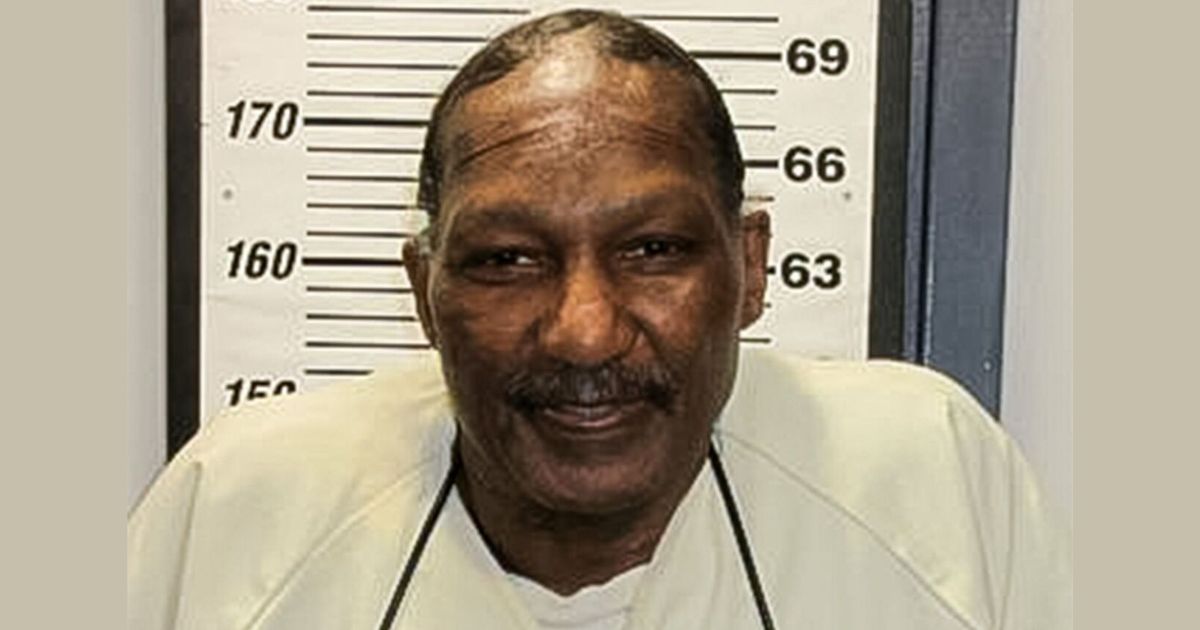Tennessee executed Byron Black on August 5, 2025. Despite there being strong objections from his attorneys, disability advocates, and medical experts, his implanted cardioverter-defibrillator (ICD) was not removed or switched off before he was given the lethal injection.
The 69-year-old was convicted of the 1988 murders of his girlfriend and her two young daughters. He was executed via lethal injection while his defibrillator remained active. It raised serious concerns that it caused him repeated shocks and excruciating pain.
Witnesses have reported that Black cried out during the execution, saying, “It’s hurting so bad.”
It might be so, as the device may have been triggered during the procedure. Black’s legal team had earlier sought a court order to deactivate the device before the execution. They had argued that this could happen.
They said that when death-inducing drugs were administered, the ICD would repeatedly try to shock the heart into reviving. It would turn his execution into a terrifying ordeal rather than a swift death.
A trial court had earlier agreed with that assessment and granted a preliminary injunction. It had permitted the deactivation of ICD at a hospital. However, the Tennessee Supreme Court later reversed the order. They had stated that the lower judge overstepped authority by effectively delaying the execution.
PLEASE READ THIS.
Medical professionals, doctors, nurses, and now the Nashville General hospital are complicating this week’s execution in Tennessee. And it is awesome.
The backdrop is that Byron Black, set to be executed on August 5, has an implanted defibrillator that could… pic.twitter.com/YlvZVRQnYn
— Shane Claiborne (@ShaneClaiborne) August 1, 2025
The ICD was implanted in Nashville General Hospital, and a judge had ordered that the hospital remove the ICD. However, confusion and complication arose when the hospital stated it never agreed to deactivate the device. The hospital also released the statement that they do not have involvement in authorized execution.
Hospital officials had cited ethical standards. These would prohibit medical professionals from participating in executions. That ended up with no medical team to assist, and Black being executed with the ICD intact.
The execution has drawn intense scrutiny and media coverage. Black was wheelchair-bound and suffered from heart failure. He also had dementia, end-stage kidney disease, and intellectual disability.
The U.S. Supreme Court has refused to intervene in the latest unconstitutional execution. Byron Black is intellectually disabled and ineligible for the death penalty.https://t.co/68qRE4JyIahttps://t.co/wxiNe6Yyg1https://t.co/1ac857ih9Rhttps://t.co/w9otJC9AJG@UNHumanRights pic.twitter.com/1g2VFNkHEb
— Robert Dunham (@RDunhamDP) August 5, 2025
His legal team had argued that such severe health conditions warrant Black a reprieve under disability protections. However, this request was denied both by the Tennessee courts and Governor Bill Lee. The US Supreme Court also declined his final appeal.
Observers have called it an unprecedented case in American capital punishment. The nonprofit Death Penalty Information Center stated that they do not have any executions on record where the patient had an active ICD. This was one of the significant milestones in the US execution practices.
Now, medical ethicists and human rights advocates are sounding the alarm. “To allow a defibrillator to repeatedly shock someone during execution is tantamount to torture,” said Dr. Irina Kline. She is a bioethics scholar.
Tennessee death row inmate cries out in pain during lethal injection after state refused to deactivate defibrillator implant https://t.co/bi7tMHzaFB pic.twitter.com/cEQoF5dxL5
— New York Post (@nypost) August 5, 2025
There are laws governing both medical ethics and the Eighth Amendment that prohibit cruel or unusual punishment. This raises questions about whether Tennessee’s protocol crosses constitutional bounds.
There has been an increase in national execution rates. 2025 marks the highest total number of executions since 2015. Legal experts have warned that this case will make the lethal injection procedures questionable.
Black’s attorney said her team will ask for a full autopsy and would also request ICD device logs to document what happened.
This case now stands at the crossroads of disability rights, medical ethics, and capital punishment. Tennessee is now answerable to the biggest question: Did they really uphold the law?













